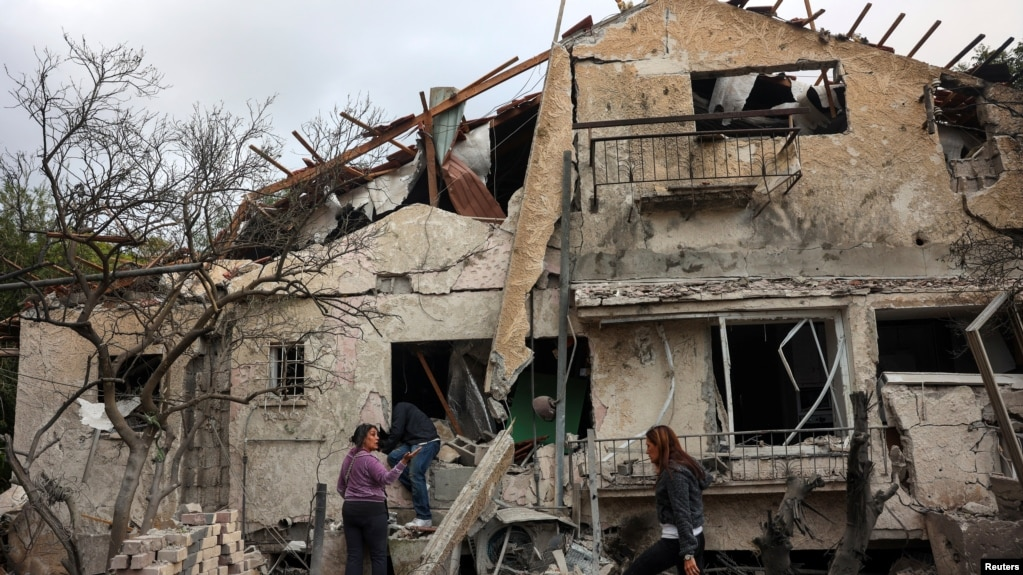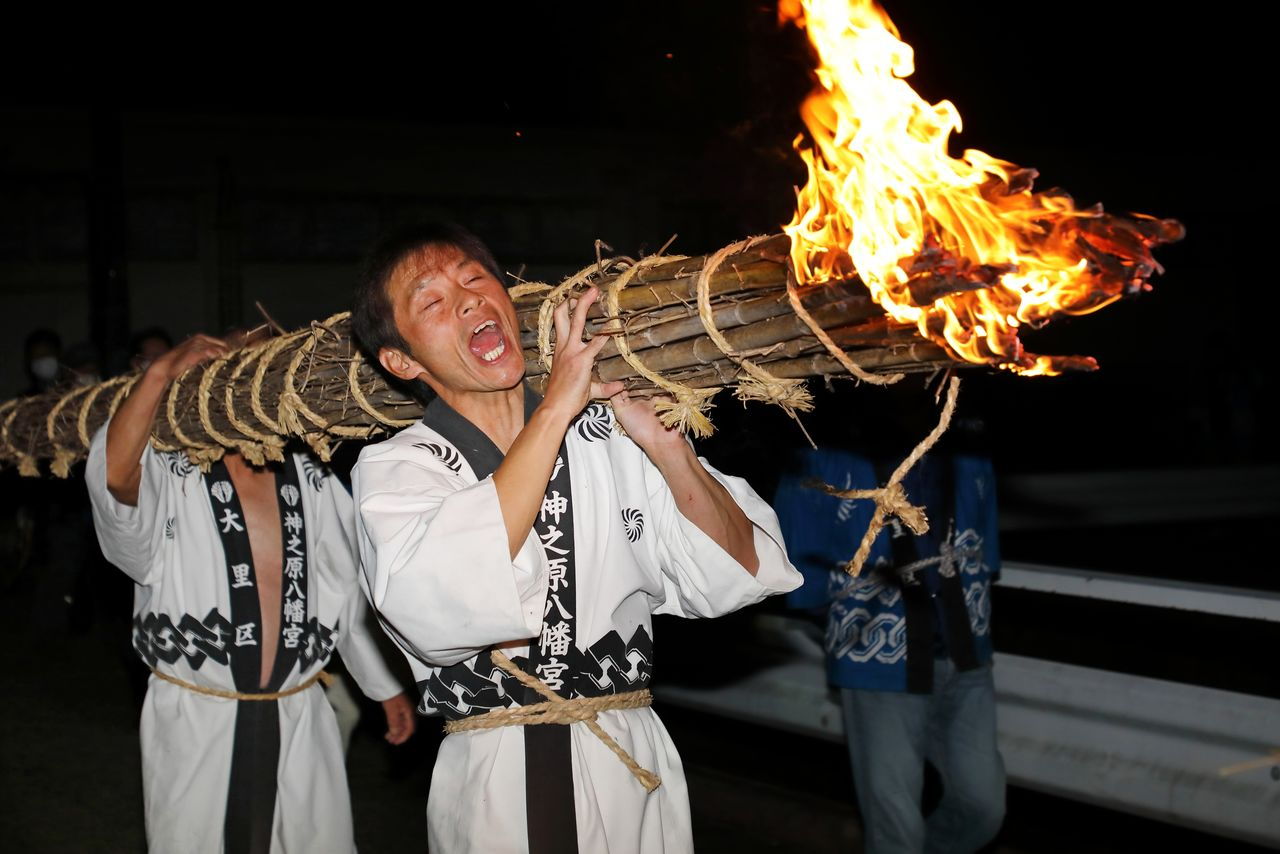
Lebanon’s Hezbollah movement fired a barrage of rockets at Israel on Sunday (November 24). The Israeli military said some houses near Tel Aviv were destroyed or on fire. The day before, Israel launched a powerful airstrike on Beirut, killing at least 29 people.
Israel also launched airstrikes on Beirut’s Hezbollah-controlled southern suburbs. Israel’s heavy bombing over the past two weeks came as signs of progress were emerging in U.S.-led ceasefire talks.
Hezbollah said it had carried out precision missile attacks on Tel Aviv and two nearby military bases. Hezbollah had previously vowed to attack Tel Aviv in response to Israel’s attack on Beirut.
Police said several areas in the Petah Tikva area east of Tel Aviv were affected by the attack and several people were slightly injured.
The IDF said the bomb hit a residential area directly, causing “houses to catch fire and become ruins.” Television footage showed that the rocket destroyed an apartment.
Israel’s Defense Ministry said Hezbollah fired 240 rockets at Israel, but many of them were intercepted, and sirens rang across much of the country. At least four people were injured by shrapnel.
Video obtained by Reuters showed a projectile exploding on the roof of a building in the northern Israeli city of Nahariya.
Before the attack that destroyed two apartments, the Israeli military warned on social media that it planned to attack Hezbollah facilities in southern Beirut, according to Lebanese security sources. Afterwards, the IDF said they hit the command center “deliberately embedded between civilian buildings.”
Israel carried out its deadliest and most powerful attack on the center of Beirut on Saturday (November 23).
The Lebanese Ministry of Health raised the death toll from 20 to 29 on Sunday. A total of 84 people were killed on Sunday, the Lebanese Ministry of Health said. The death toll since October 2023 is 3,754.
The move comes after Hamas launched an attack on Israel on Oct. 7, 2023, killing 1,200 people and kidnapping about 250. Israel said it believed Hamas still held 101 hostages, including 35 people the military said were dead.
Gaza’s health ministry said Israel’s counterattack on Gaza killed more than 44,000 Palestinians, including fighters and civilians.
Hamas and Hezbollah are designated as terrorist organizations by the United States.
The Israeli Defense Ministry did not comment on Saturday’s attack on Beirut or say who it targeted.
Nearly a year after the hostilities sparked by the Gaza war, Israel continued its offensive against Iran-backed Hezbollah in September, launching air strikes in the south, the Bekaa Valley and southern suburbs of Beirut.
The Israeli offensive has displaced more than a million Lebanese people.
Israel said its aim was to ensure the return of thousands of people evacuated from northern areas due to Hezbollah rocket attacks. Hezbollah began fighting Israel in support of Hamas at the start of the Gaza war in October 2023.
U.S. mediator Amos Hochstein highlighted progress in the talks during a visit to Beirut last week before heading to meet with Israeli Prime Minister Benjamin Netanyahu and Defense Minister Israel Katz before returning to Washington.
EU Foreign Policy High Representative Josep Borrell said on Sunday that the U.S. ceasefire plan was awaiting final Israeli approval.
“We must put pressure on the Israeli government to maintain pressure on Hezbollah to accept the U.S. ceasefire proposal,” Borrell said after meeting with Lebanese officials in Beirut.
Israeli media reported that Netanyahu had scheduled a security cabinet meeting for 5 p.m. local time (1500 GMT).
Diplomatic efforts are focused on restoring a ceasefire in accordance with UN Security Council Resolution 1701, which ended the 2006 war between Hezbollah and Israel. Resolution 1701 requires Hezbollah to pull its fighters back about 30 kilometers from the Israeli border, with the Lebanese army deployed in a buffer zone.
The Lebanese military said Sunday that at least one soldier was killed and 18 others were wounded in an Israeli strike that severely damaged a military center in Al-Amiriya, near the southern city of Tyre.
The Israeli military said it regretted the attack, would investigate and that Israel was striking Hezbollah, not the Lebanese army.
Lebanon’s caretaker Prime Minister Najib Mikati said the attack “sends a direct message of bloodshed and rejects all efforts to reach a ceasefire, strengthen the army’s presence in the south and implement … resolution 1701.”
Borrell said the European Union was ready to provide 200 million euros ($208 million) to support the Lebanese army.




